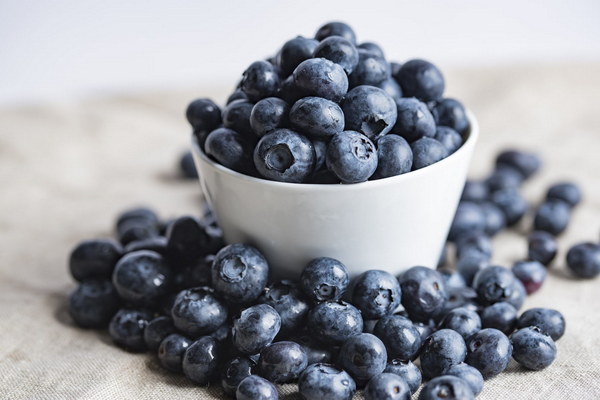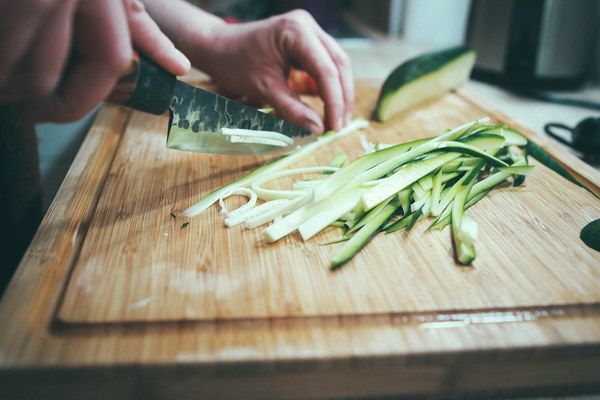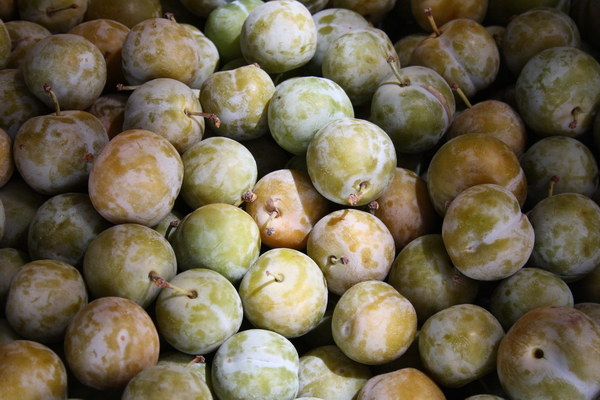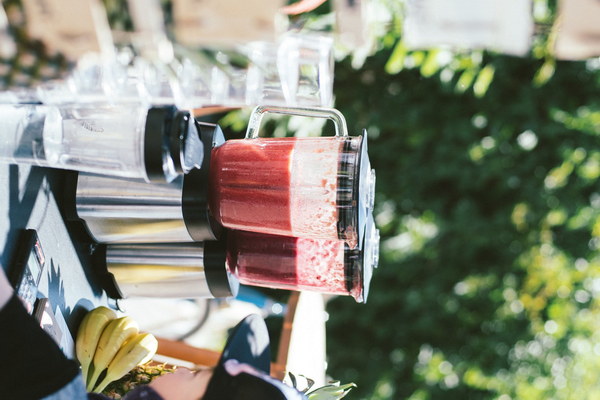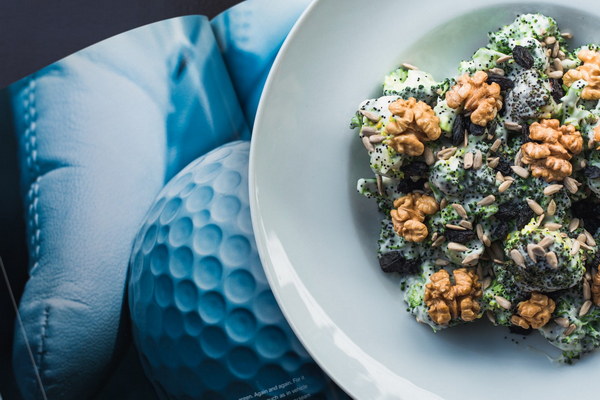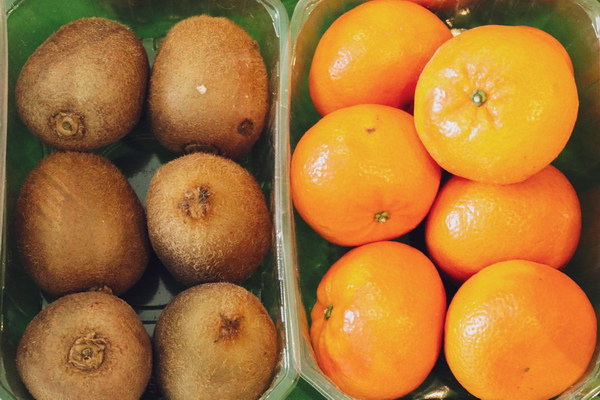Nourishing Relief A Dietary Approach to Managing Urticaria Allergies
Urticaria, commonly known as hives, is a skin condition characterized by itchy, raised red or skin-colored welts. These welts, or wheals, can appear on the skin anywhere on the body and often spread and change size. While urticaria can be caused by various factors, including allergies, certain foods can trigger an outbreak. This article delves into the dietary approach to managing urticaria allergies, focusing on foods that can alleviate symptoms and those to avoid.
Understanding Urticaria Allergies
Before diving into the dietary approach, it is essential to understand the basics of urticaria allergies. These allergies occur when the immune system overreacts to certain allergens, such as foods, medications, or environmental triggers. Food allergies can lead to an immune response, resulting in the release of histamine, which causes the characteristic hives and itching.
Foods to Include in Your Diet
1. Antioxidant-Rich Foods
Antioxidants help reduce inflammation and strengthen the immune system. Incorporate foods like berries, leafy greens, nuts, and seeds into your diet to boost your antioxidant intake.
2. Foods High in Omega-3 Fatty Acids
Omega-3 fatty acids have anti-inflammatory properties that can help alleviate urticaria symptoms. Foods rich in omega-3s include fatty fish (such as salmon, mackerel, and sardines), flaxseeds, chia seeds, and walnuts.
3. Probiotics
Probiotics promote a healthy gut flora, which can improve immune function and reduce inflammation. Foods high in probiotics include yogurt, kefir, sauerkraut, and kimchi.
4. Hydration
Staying hydrated is crucial for overall health and can help alleviate urticaria symptoms. Aim to drink at least 8 cups of water per day.
Foods to Avoid
1. Common Allergens
Identify and avoid common allergens such as nuts, eggs, milk, soy, wheat, and shellfish. These allergens can trigger an immune response, leading to urticaria outbreaks.
2. Citrus Fruits
Citrus fruits, such as oranges, lemons, and grapefruits, can trigger urticaria in some individuals. Limit your intake of these fruits if you experience symptoms after consuming them.

3. Alcohol
Alcohol can exacerbate urticaria symptoms and is best avoided if you have a sensitivity.
4. Processed Foods
Processed foods often contain additives, preservatives, and artificial colors that can trigger allergic reactions and inflammation. Minimize your intake of processed foods to reduce urticaria symptoms.
5. Certain Herbs and Spices
Some herbs and spices, such as black pepper, cinnamon, and turmeric, can cause allergic reactions in some individuals with urticaria. If you notice a reaction after consuming these spices, consider avoiding them.
Conclusion
Managing urticaria allergies through dietary changes can be an effective way to alleviate symptoms and improve your overall quality of life. By incorporating antioxidant-rich foods, omega-3 fatty acids, probiotics, and staying hydrated, you can support your immune system and reduce inflammation. Additionally, avoiding common allergens, citrus fruits, alcohol, processed foods, and certain herbs and spices can help prevent urticaria outbreaks. Always consult with a healthcare professional before making significant changes to your diet or starting any new treatment.
